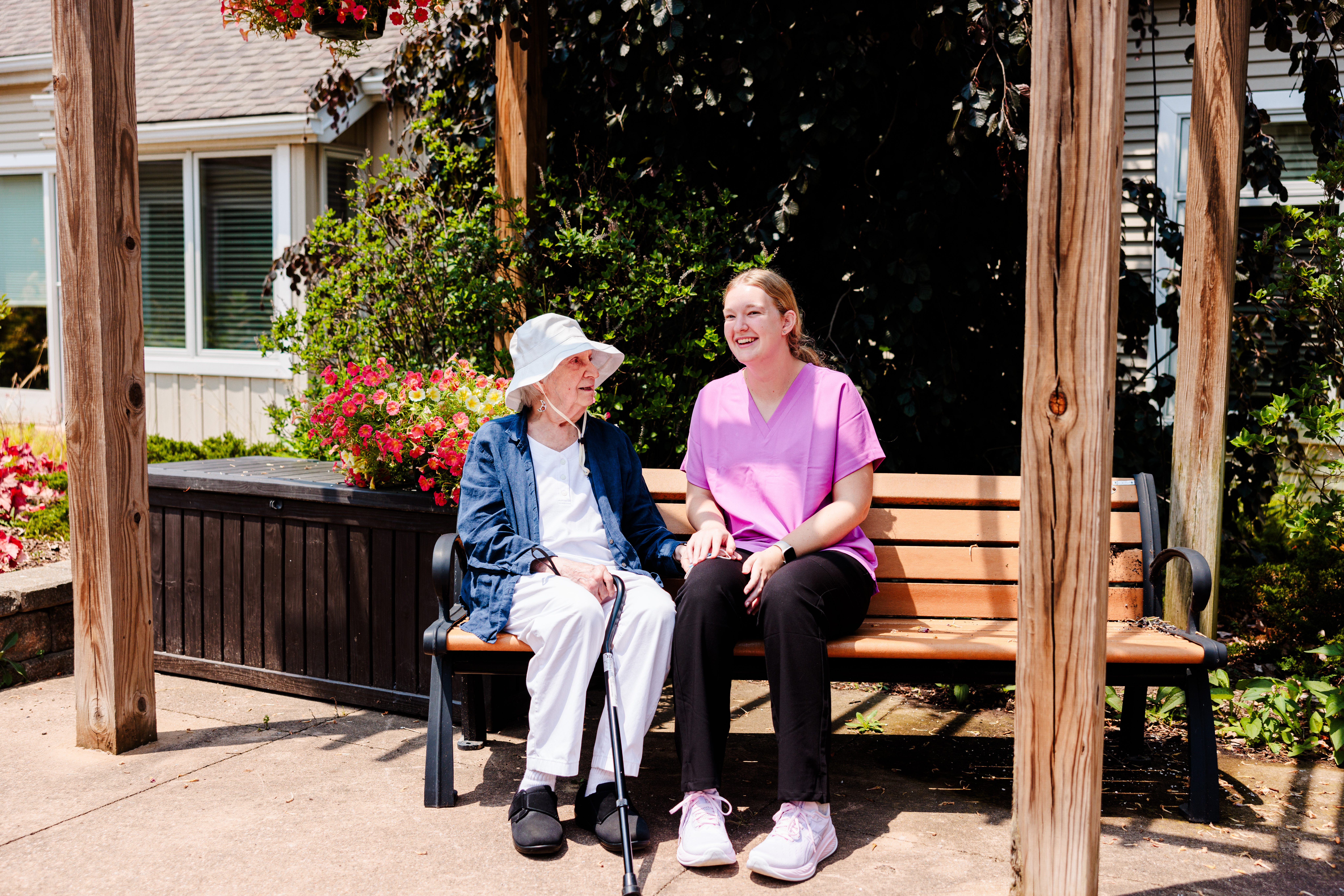Best Doctors: Connecting Addiction and Mental Illness
by Jacqueline Marino | Aug. 8, 2018 | 1:00 PM

Anna Lattanzio
For a long time, there was a disconnect between addiction and mental health medicine.
In the 1970s and early ’80s, addiction treatment providers believed that a person’s mental health problems would get better if they just got sober. At the same time, the mental health community thought the substance abuse problems were just a symptom of the mental health problem.
“Both groups were totally wrong,” says Dr. Ted Parran, co-medical director with Dr. Chris Adelman at St. Vincent Charity Medical Center’s Rosary Hall, an addiction treatment center.
In fact, 8.2 million people with substance abuse problems also suffer from mental illness, according to the latest National Survey on Drug Use and Health. The two conditions often occur together, known as a dual diagnosis, because of genetic factors. Yet until the 1990s, many addiction treatment providers didn’t address mental illness.
In fact, Parran consulted on some of the research that led to innovations in dual diagnosis treatment.
Effective addiction treatment now involves an extensive mental health assessment of each patient and a coordinated treatment plan that addresses both addiction and mental health problems when they co-occur. “We typically will treat a patient in parallel,” Parran says.
Tell us about the nature of the dual diagnoses you’re seeing in Cleveland.
Patients with schizophrenia and schizoaffective disorder often have problems with marijuana and cocaine or amphetamine problems. More commonly, people with anxiety and depression have benzodiazepine, alcohol and opiate addiction problems and a fair share of marijuana. People with bipolar disorder have perhaps the highest rate of dual diagnosis, substance abuse dual diagnosis, of any of the psychiatric problems. When a person gets manic from bipolar, they can abuse all the substances. There’s a tendency to overlook the marijuana because nobody thinks it’s addictive, although any marijuana use in a person with a psychiatric dual diagnosis is a real problem.
You’ve got so many more people addicted to opiates. How is that a challenge
When we think about dual diagnosis, we certainly are all concerned about opiates, because they’re so highly fatal right now. But the huge number of people with active substance abuse problems in our community and every other community across America are problem drinkers.
How do you see treatment of people with a dual diagnosis changing?
No. 1, the mental health community will become more sensitive to the problem of prescription-controlled drug abuse with people with a dual diagnosis. No. 2, I think addiction providers are going to continue to join the bandwagon — thank God — of dual diagnosis-sensitive addiction treatment. And I think the third piece, which is probably more a hope on my part, is [regarding] people who have primarily an addiction problem but also a substantial mental health problem. Once you’ve been sober a year, one of the biggest risks for a late relapse is a flare-up of a mental health problem. It’s forgetting that every November in Cleveland when the sun goes away and your depression and seasonal affective disorder kicks in, you tend to get the blues. Then you tend to not want to go to your meetings, and that’s exactly the time to redouble one’s mental health counseling.
Trending
-
1
-
2
-
3
-
4
-
5










